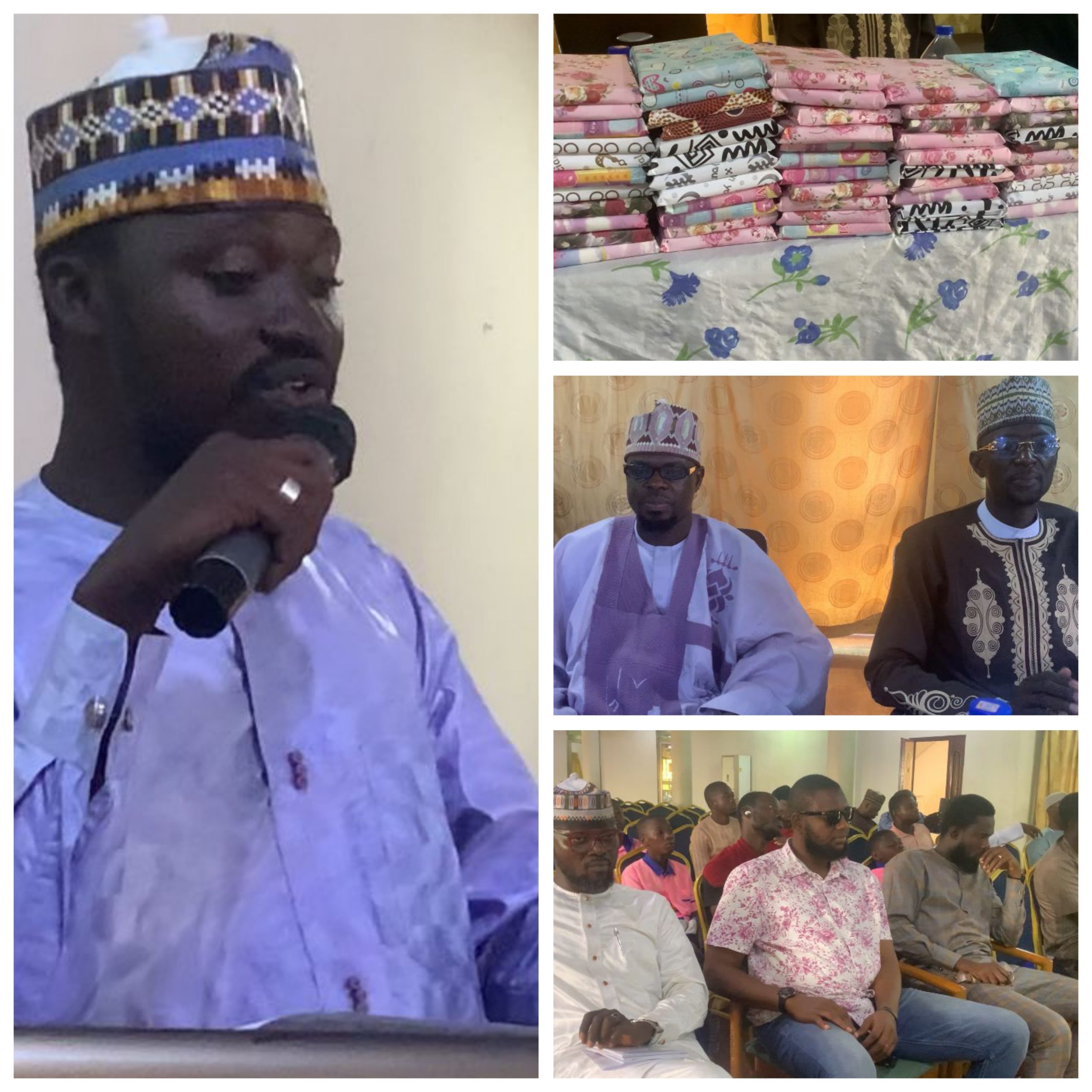The History of Golden stool (the Asantes)


Another tool of centralization under Osei Tutu was the introduction of the ‘Golden Stool’ (sika ‘dwa). According to legend, a meeting of all the clan heads of each of the Ashanti settlements was called just prior to independence from Denkyira. In this meeting, the Golden Stool was commanded down from the heavens by Okomfo Anokye, the Priest or sage advisor, to Asantehene Osei Tutu I. The Golden stool floated down, from the heavens straight into the lap of Osei Tutu I. Okomfo Anokye declared the stool to be the symbol of the new Asante Union (‘Asanteman’), and allegiance was sworn to the Golden Stool and to Osei Tutu as the Asantehene.
The newly founded Ashanti union went to war with Denkyira and defeated it.[6] The Golden Stool remains sacred to the Ashanti as it is believed to contain the ‘Sunsum’ pronounced ‘soon-soomspirit or soul of the Ashanti people.
Independence
Picture of Ashanti architecture drawn by Thomas Edward Bowdich
provincial foreign policy.
Asanteman under Osei Tutu
In the 1670s, then head of the Oyoko clan, Osei Kofi Tutu I, began another rapid consolidation of Akan peoples via diplomacy and warfare.
King Osei Kofu Tutu I and his chief advisor, Okomfo Kwame Frimpon Anokye led a coalition of influential Ashanti city-states against their mutual oppressor, the Denkyira who held Asanteman as one of its tributaries. Asanteman utterly defeated them at the Battle of Feyiase, proclaiming its independence in 1701. Subsequently, through hard line force of arms and savoir-faire diplomacy, the duo induced the leaders of the other Ashanti city-states to declare allegiance and adherence to Kumasi, the Ashanti capital. Right from the onset, King Osei Tutu and Priest Anokye followed an expansionist and an imperialistic
Image of an Ashanti home before British colonization
Realizing the strengths of a loose confederation of Akan states, Osei Tutu strengthened centralization of the surrounding Akan groups and expanded the powers of the judiciary system within the centralized government.
Thus, this loose confederation of small city-states grew into a kingdom or empire looking to expand its borders. Newly conquered areas had the option of joining the empire or becoming tributary states.
Opoku Ware I, Osei Tutu’s successor, extended the borders, embracing much of present day Ghana’s territory





